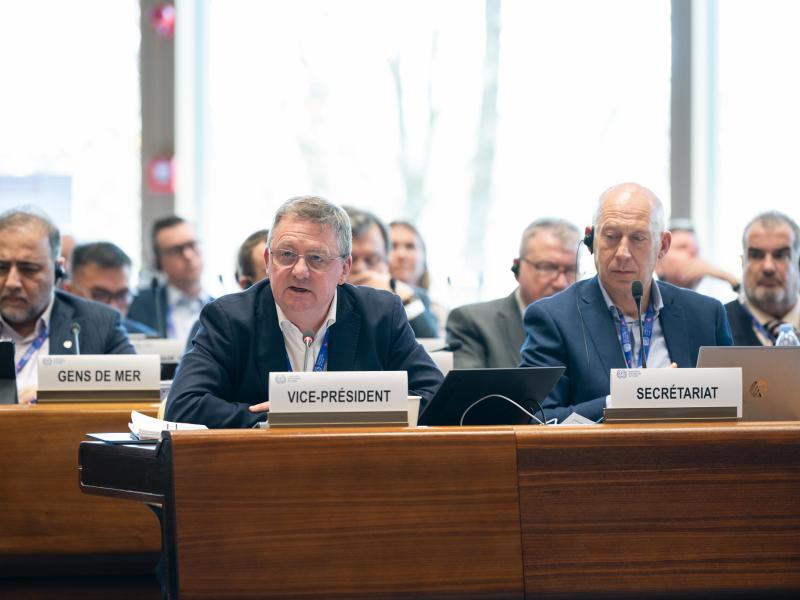A new study released by the OECD and the International Transport Forum (ITF) on the current effect of direct and indirect maritime subsidies on the European shipping industry has found that the current system is failing European taxpayers and workers.
Trade unions today welcomed the findings of a report which recommended redesigning subsidies schemes available to the European shipping industry to increase value for money and the efficiency of subsidies in protecting domestic jobs, decarbonising the industry, and reducing congestion and pollution.
“The report will be a wake-up call to European policymakers, as the OECD-ITF analysis confirms what workers and their unions have long suspected: maritime subsidies are failing to achieve their desired objectives,” said European Transport Worker’ Federation (ETF) acting general secretary Livia Spera.
“What this comprehensive review clearly highlights is that maritime subsidies are vital, but that the European Union needs to change its approach, and fix and apply tougher criteria on employment, training and environmental standards,” said Spera.
The OECD-ITF report Maritime Subsidies: do they provide value for money? provides a long-needed evaluation on the effect of direct and indirect maritime subsidies on the shipping industry, with a specific focus on EU countries where state aid schemes are regulated and monitored by the European Commission.
International Transport Workers’ general secretary Stephen Cotton also commented on the report’s findings today: “The overall picture from the OECD-ITF report is that there’s little evidence that maritime subsidies are value-for-money in achieving their stated aims, despite governments are spending more and more money on them.
“The key findings back this: the percentage of global fleet flying an EU state flag is going backwards, the numbers of EU-domiciled seafarers are falling, no evidence was found to support the link between subsidies and the creation and protection of maritime jobs and industries and that subsidies are failing to support greener shipping.
“Unless this system is totally reformed, European shipping will need financial support. The question for maritime subsidies in European shipping is not an if but how. Europe must support the sector but in a different and more efficient way to actively support job creation and training for European domiciled seafarers,” Cotton added.
The ETF and ITF backed the report’s recommendation that subsidies that support to the maritime transport sector should be continued but made more conditional and efficiently protect domestic jobs, reduce pollution and apply tougher criteria on employment and training.
“Any member state that provides maritime subsidies should be made accountable and the process should be transparent,” added Spera.
“The ETF and ITF – and our affiliate unions – urge the EU to reform the state aid guidelines for maritime transport establish a stricter link between the provision of subsidies and the requirement to fly an EU/EEA flag and employ domestic seafarers, especially when vessels are operating mainly in European waters,” concluded Spera.
For more information see ETF/ITF summary of the report’s key findings or download the full OEDC-ITF report.
Contact: Luke Menzies on +61 (0) 433 889 844 or menzies_luke@itf.org.uk



